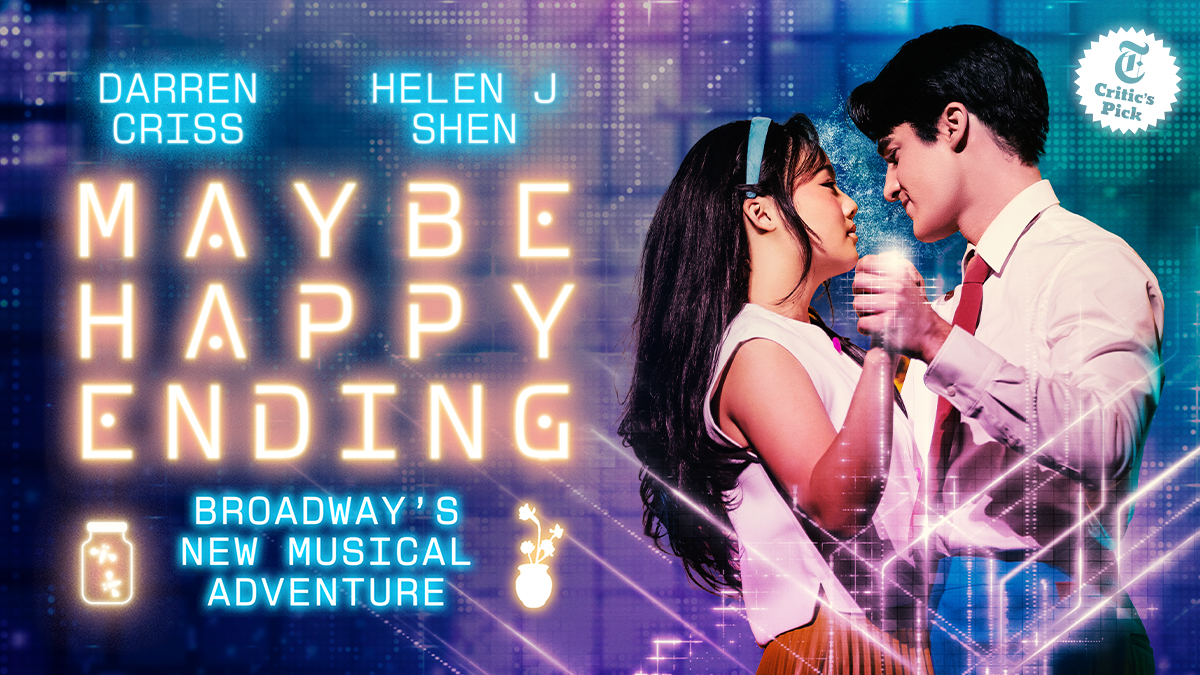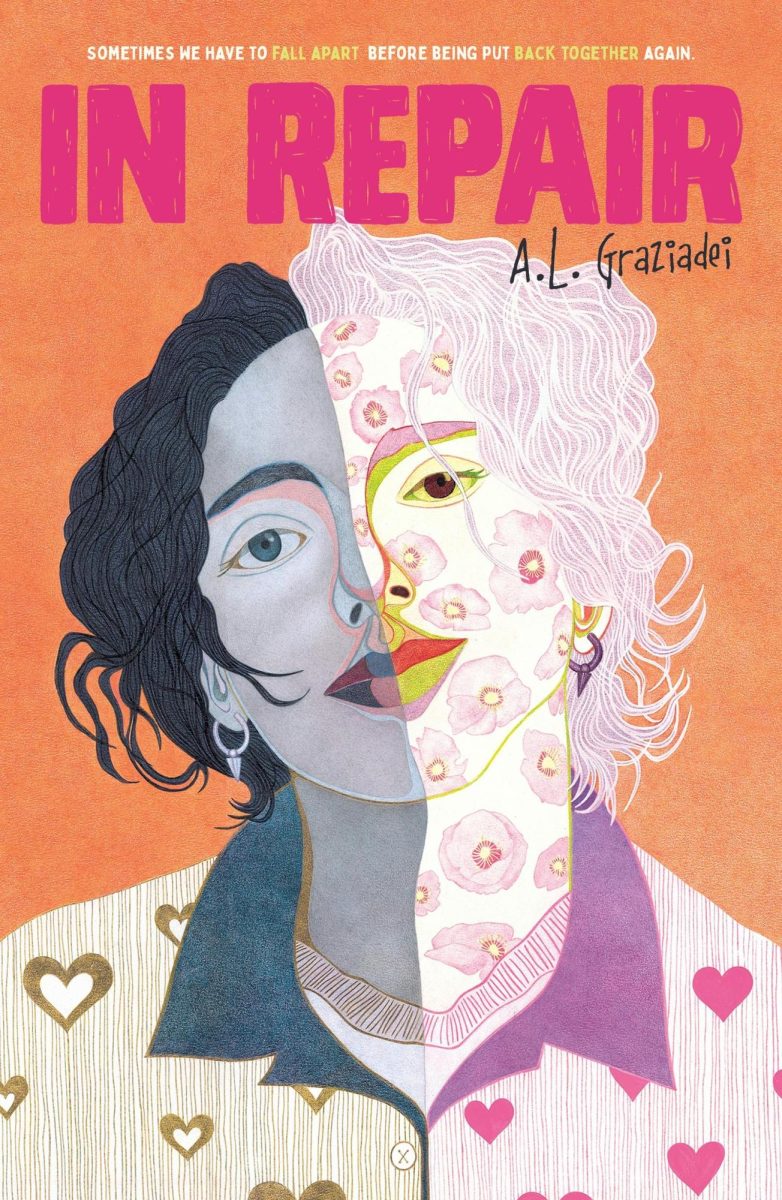
By Celina Sun
There are certain issues that divide the book-reading community. We are a rather particular bunch, if I do say so myself. Some will only borrow books from the library: “Why spend all that money when you can read a book for free?” Others will only buy books: “I must own it! I must have it! I must display it on my shelf for all to admire!” Some will dog-ear the pages and write in the margins—after having bought the book, of course. They’ll read and reread until the pages are worn and the cover is falling off—because that is how their love manifests—while others will look on in horror and exclaim, “No! Books must be kept in perfect condition! No bending, no tearing, no ripping, no scratching!”
These kinds of readers, and all the ones in-between, do exist (quite to the astonishment of some, I’m sure). As reading-enthusiasts, for lack of a better word, we develop certain preferences for what we read, how we read, and in what form we read, and we are often all too eager to debate the merits of our choices with one another.
But do these differences really matter? Does the way we read really matter as long as we do read?
At the end of the day, the answer is no. But we of the book-reading community love a good discussion (i.e. argument) and will rarely pass up the chance to convince others that our respective positions are superior.
I used to be a strictly print-book reader. There’s something about the weight of the book in your hands, about physically turning the pages, that enhances the reading experience and can’t be replicated. There’s something to wandering down the aisles at the library, or searching the bookstore for that book you want to buy, that you miss out on when all you have to do is click a button to purchase it and download the e-book onto your e-reader. I have since come to terms, however, with the fact that e-books are a necessary evil.
There are still some books for which I must have a physical copy. For these, I go out on release day to buy because I must own them—to have and to hold and to read; there are certain books that require the full weight-in-your-hands-physically-turning-the-pages experience. However, there are also the books that you just want to read because high school is stressful, and you need to read something so that you can live vicariously through the imaginary lives of others.
This is where e-books come in handy. When you’re too busy to go to the library or the bookstore, when you don’t have your own credit card to use and can’t order books online, you do the next best thing: take out the smart phone you finally got after renewing your phone plan for the first time in six years and download the free e-book reader app with the highest reviews.
Suddenly you have whole literary worlds at your fingertips. With a bit of sleuthing, you’ll find that several websites offer thousands of books of all genres for free download— instant stress relief. (And if you do not think books relieve stress, you have just not read the right one yet.)
With e-books, you no longer have to weigh down your already heavy backpack with the books you want to read. Chances are, your phone already doesn’t leave your side; if you use it as an e-reader: boom. You’ll have a plethora of books everywhere you go, ready for every occasion in which you want to read (that is, when there’s a lull in conversation at the lunch table, or when you’re waiting at the end of the line to buy lunch— beggars can’t be choosers when they don’t have a lot of free time).
Furthermore, reading on your phone is a lot more inconspicuous than reading a physical book, something that is very helpful when your parents catch you in the act of reading instead of doing homework. (Yes, it happens.) When they question you, you can very easily play it off: “Mom, I was looking up a word I didn’t know, I swear.”
Reading e-books on your phone is also extremely convenient when, say, it’s late and your parents think you’re sleeping. You can’t turn on a light because your parents will notice, you can’t ask where the flashlight is because that creates suspicion, and the turning of physical pages sounds unreasonably loud at night; reading a print book will all too easily reveal your late-night-reading endeavors. None of these concerns are a problem, however, with e-books, and you can stay up as late as you want with your parents none the wiser.
In the end, it really comes down to what will maximize my book-reading time. There will always be advantages to reading print books, peculiar experiences that e-books will never be able to replicate, but ultimately it is the story I want. It is the story I care about most when I read, and e-books will still present to me that story (sometimes even faster and more conveniently than print books will).
E-books should thus not be scorned because no matter what form you read stories in, a story is a story is a story, and isn’t that really what readers value most?
Categories:
The Perks Of Being An E-Book Reader
March 16, 2015
0
Tags:







